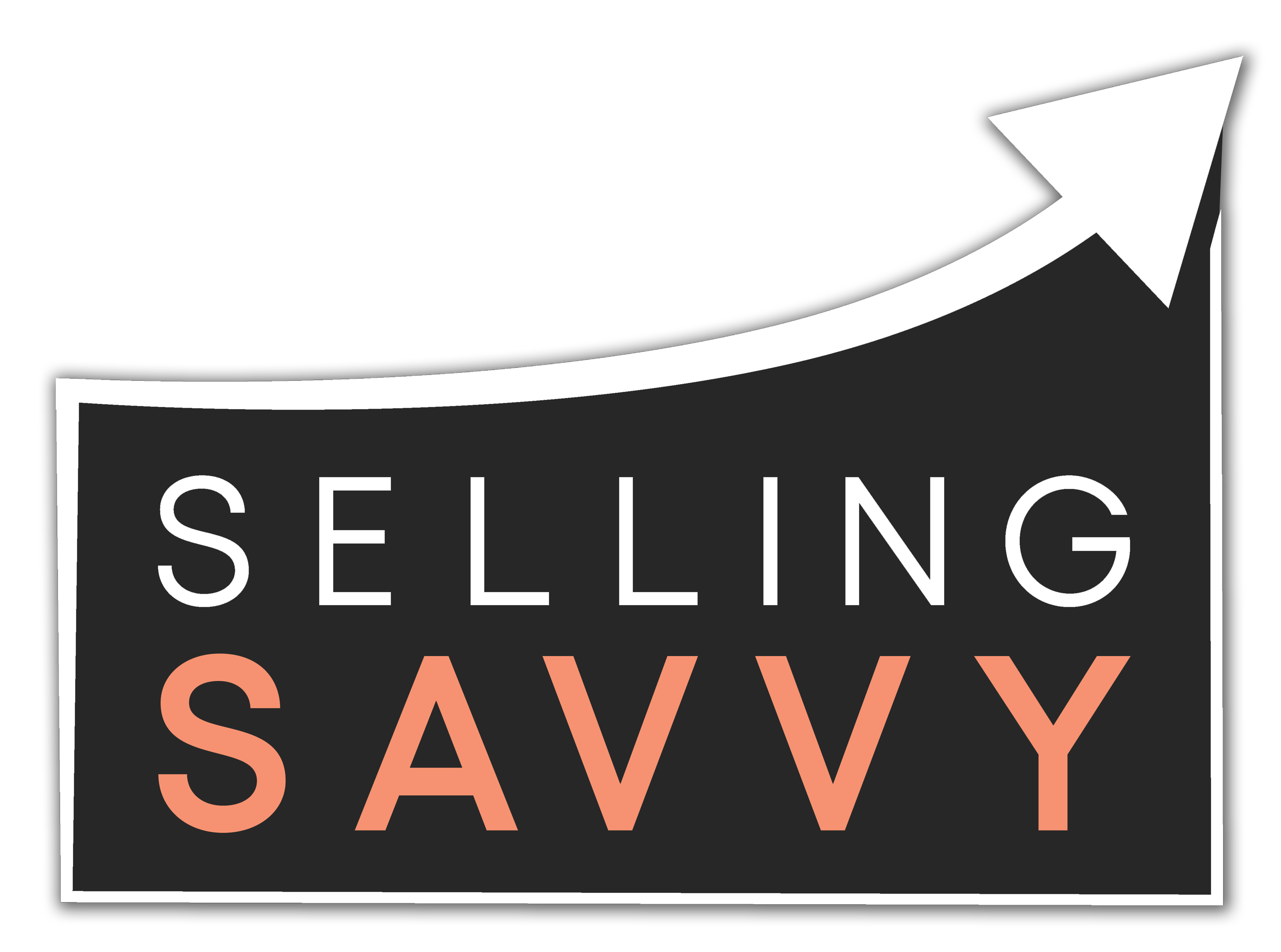In our last post, we took you through the first quick wins to convert business when you have no time. Here are the next 3 for you to have a go at:
- Qualify your enquiries. Not having to send a proposal, put a booking in the system, chase and wait for responses is the best kind of time saving. Pick up the phone if you can and ask questions about the likelihood of the event happening, and also about the suitability of the event for your venue. A few simple questions can help you determine if a piece of business is likely to take place at your venue. If you can’t speak on the phone, then send a quick email with questions about the event and decision making process before sending a huge proposal. This will also help you build rapport with the client and acknowledge receipt at the same time. The art to this is to send questions which don’t make it seem like YOU need information, but that give them a sense that you are trying to make their event better by asking the questions.
Question ideas for qualifying
- What is your decision-making process for this event?
- Who will decide if this event will take place?
- Where have your events taken place before?
- What do you envisage your event will look like?
- Why have you chosen to look at our venue for your event?
- I noticed you have asked for 3 breakout rooms, however we would only have 2 with the capacity for 30 cabaret style. Would you consider theatre style for one of the rooms?
- Upping your follow up game. If I could ban the sentence ‘do you have an update on this booking?’ I would. There is so much wrong with this. First of all, it’s a closed questions, so the response can quite easily be no, which means you may have ticked a chase of your list, but you are none the wiser about this event then you were before. Always try to speak on the phone, because you will be able to find out so much more by having a conversation, but if you can’t then sending an email is fine. Personalise your response as above and ask questions which makes the receiver of your email feel like they want to share the next stages with you.
Question ideas for follow up
- We usually hold space for 2 weeks. How does that work with your timeline?
- What did you like about our proposal? What elements of the proposal do you have questions about?
- Who will be involved in the venue decision for this event?
- You mentioned you would like to know more about our hybrid solutions, when would be a good time to introduce you to our AV supplier?
- There is nothing wrong with a template if it helps you save time and it’s relevant to the person you’re sending it to. Once you’ve tried a few open questions as above and you get good responses, keep them in a file or in your signatures so you can easily copy and paste them into an email or document. However, if you’re using templates in proposals you must always take out the irrelevant information. For example, don’t go on about your amazing big ballroom for an enquiry for 10 people.
The best way to put yourself in your clients’ shoes is to think of a sales scenario and compare it with your own role. Imagine going into a shop and the sales person asks you what you are looking for. You will say you’re looking for a dress. If the sales person doesn’t ask any further questions imagine what would happen next. They would show you a range of dresses, most of which possibly not suitable and you’d go back and forth until you may find a dress. What would be different if they asked questions, such as what occasion is it for? what colours do you like? when do you need the dress? Who are you trying to impress? This person will spend extra time to talk to you, but will save time in the long run, because they will know exactly what you’re looking for or potentially don’t have the dress and you will walk away saving them even more time!
Blog post written by Femke Millership, Selling Savvy. Email femke@sellingsavvy.co.uk to pick her brain on more quick wins!




